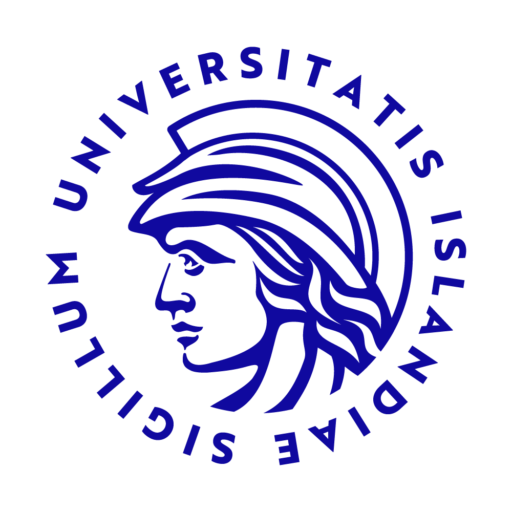Main author: Edythe Laquindanum Mangindin
Institution or Company: University of Iclenad
Co-Authors, Institution or Company:
Emma Marie Swift, University of Iceland. Helga Gottfreðsdóttir, University of Iceland.
Introduction: In Iceland, immigrants make up 15.6% of the population with the largest group consisting of Polish migrants. There is very limited knowledge on how the healthcare system meets the needs of foreign women receiving maternity care. In addition, the experience of respectful care, autonomy and mistreatment among foreign women within the Icelandic maternity health system has not been described.
The aim was to develop and pretest a survey about the experiences of childbearing migrant women in Iceland in the areas of respect, autonomy in decision-making and mistreatment in maternity care through standardised instruments.
Methods: The online survey was developed for the Icelandic healthcare system and includes questions about socio-demographics, birth outcomes and the following standardised instruments: Mothers on Respect Index (MORi), Mother’s Autonomy in Decision Making (MADM) scale and the Mistreatment by Care Providers in Childbirth Indicators (MCPC). The survey was translated to Polish using forward and backward translation and pre-tested in both English and Polish. Participants for the pre-testing phase were recruited through purposive and snowball sampling. Requirements included: 1) being a foreign woman; 2) childbirth in Iceland within the past 5 years; and 3) proficiency in English or Polish. Participants were asked to provide written evaluations on the functionality, format, comprehensibility, answer options and response time of the online survey.
Results: Eleven English-speaking and six Polish-speaking participants were recruited. The participants deemed the survey easy to access and understandable. Written evaluation of the questionnaire resulted in minor changes to the survey format, wording and answer options. In the end, the survey included 64 questions. Participants completed the survey in approximately 20 minutes on average.
Conclusion: Results show that this survey can be used to assess migrant women’s experiences of Icelandic maternity care and is accessible, understandable and easy to answer in both English and Polish. With this survey, it is possible to collect data that is necessary to understand their experiences and improve services for this vulnerable group.

